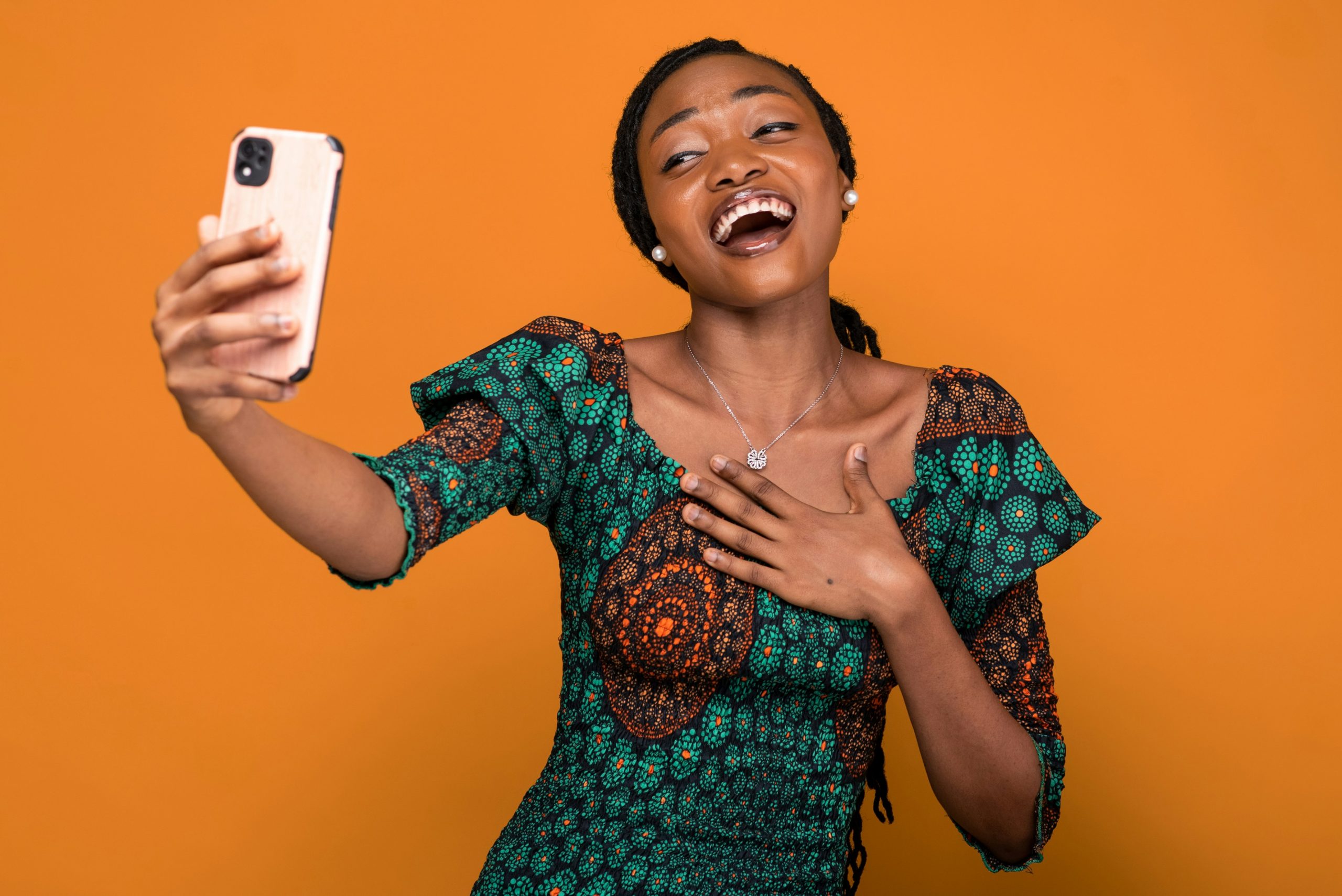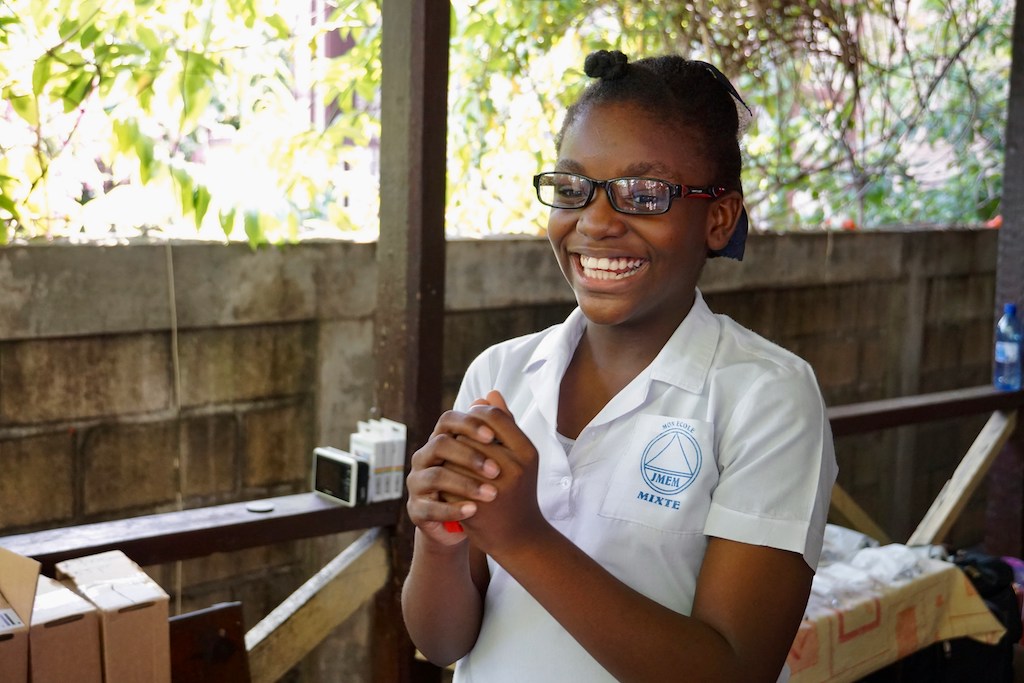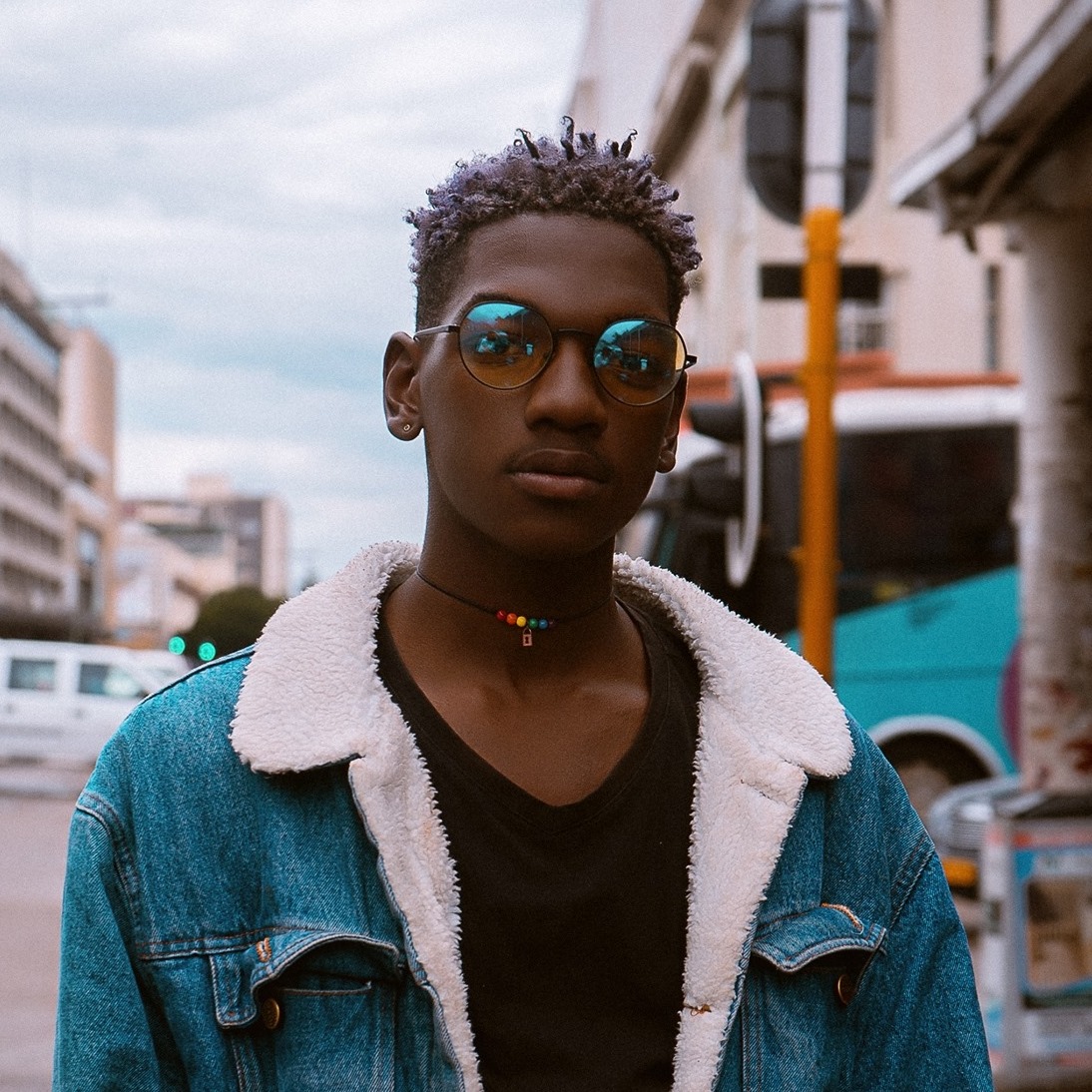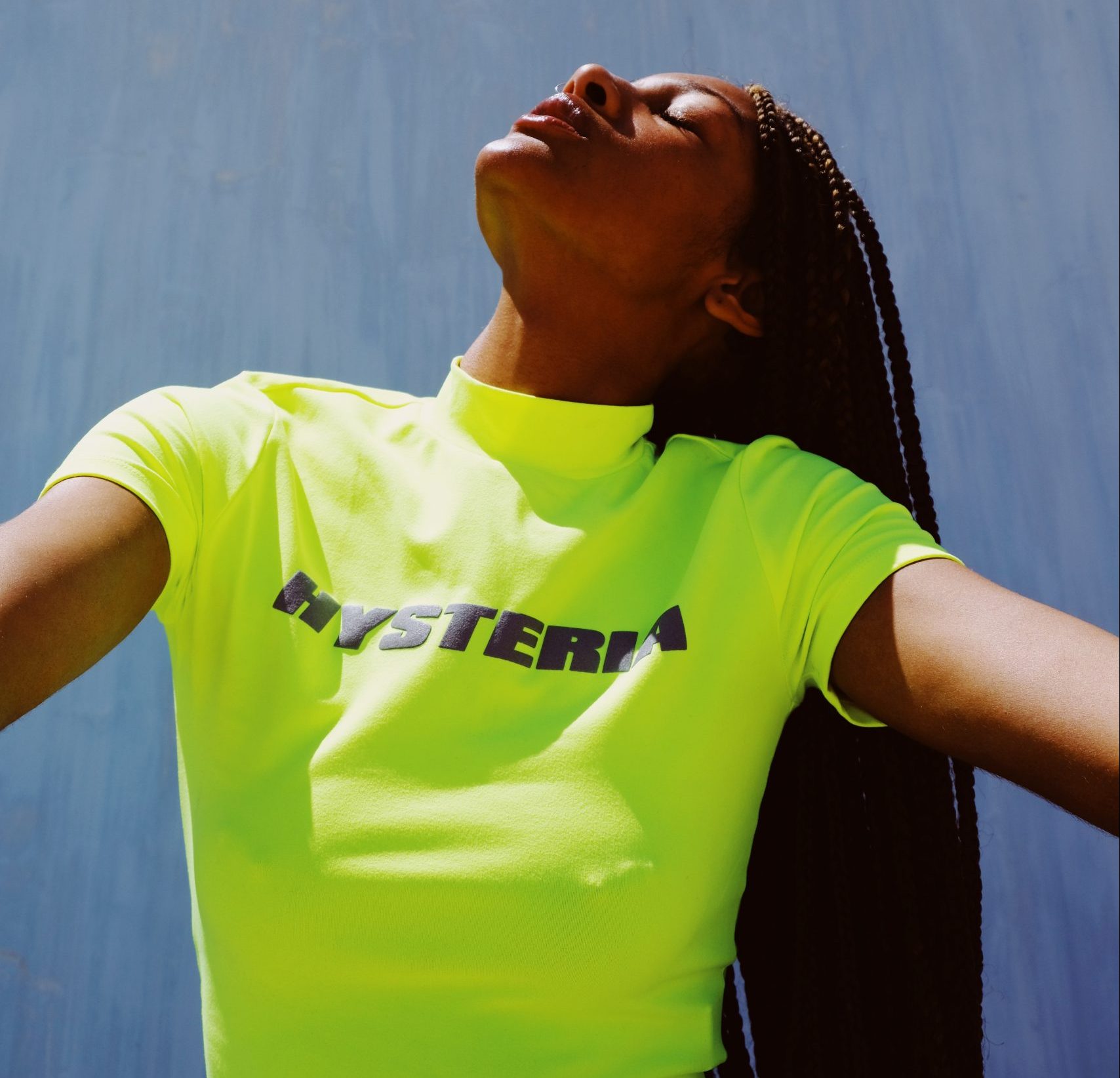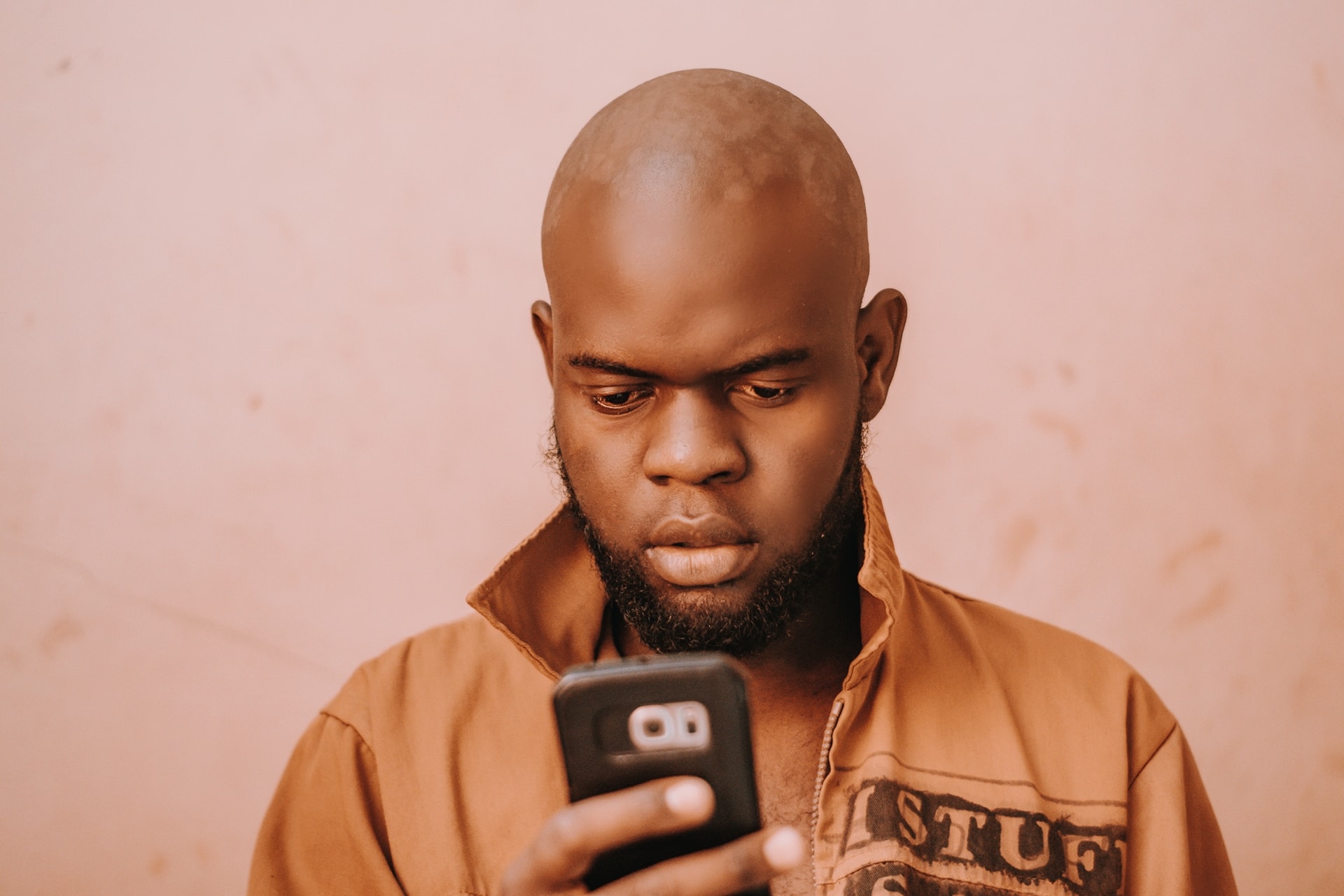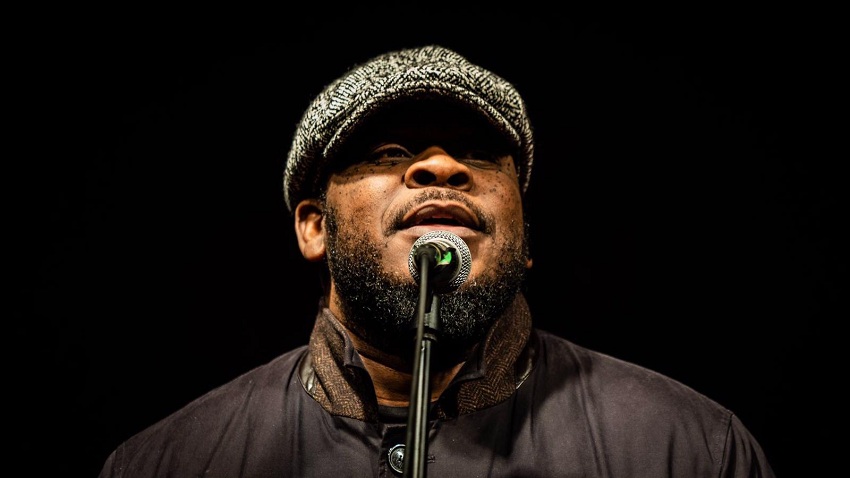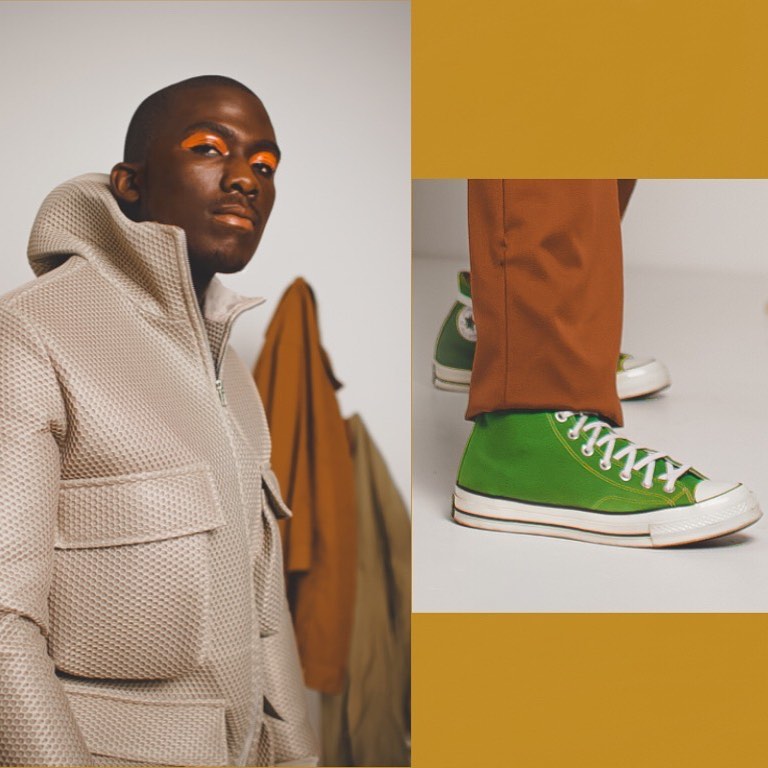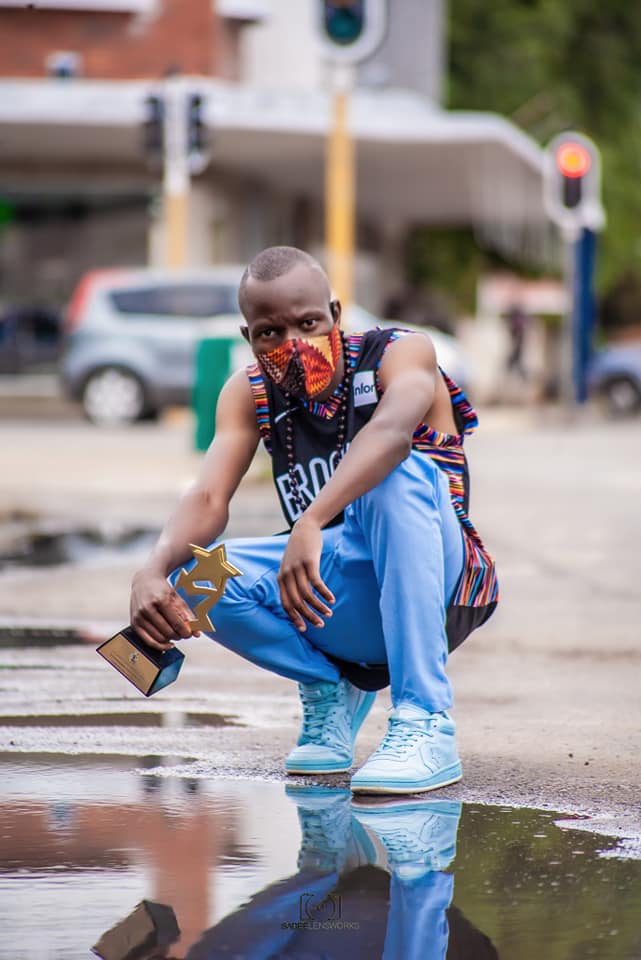
Zoleka: What made you choose to be a photographer in Zimbabwe, considering being a lawyer, doctor, accountant and engineer are the career stereotypes, while creative careers are frowned upon?
Jeremy Remy Shoots: I grew up around many creatives, so I never thought being a photographer wasn’t okay, given that I was told to follow my dreams and the rest will follow. I stumbled into photography… I just wanted to make art. I originally wanted to be a graphic designer but hated how you need an idea before making a design. With photography you can just wing it and shoot with your heart.
Zoleka: How would you describe your style, given how it stands out?
Jeremy Remy Shoots: Unique. It can’t be replicated. It’s not like I’m trying to stand out, my style just happens to be like that, probably because I’m really passionate about the work.
https://twitter.com/KupfuwaJeremy/status/1303938259093991425
Zoleka: I know you say you don’t choose to do it, but for me when I see typical Zimbabwean photographers’ work, they shoot from one angle, make the grass greener, the sky bluer and the skin as orange as NikNaks then stroke their beards as they squint into the horizon like, “indeed, I have made some art.” But as an artist myself, in your work, I see an effort to make aesthetically pleasing choices with elements of art in mind.
Jeremy Remy Shoots: Okay, I take photos with the mindset that shots are limited, how best I can make each photo not boring, and that this photo has to be the best I’ve ever taken. I also consider how this photo will make someone feel, so I’m experimental with angles, positioning models in interesting ways, and with editing. I’ve studied how positioning and angle can evoke feeling and upgrade a picture—certain positions create superiority or vulnerability, and certain colours evoke certain feelings… I take all this knowledge together to make the best work.
Zoleka: What do you think of the Zimbabwean or Bulawayo photography circuit and how have they received your work?
Jeremy Remy Shoots: I don’t like the circuit… they have a mob mentality. People in the creative industry hype each other even when the work is questionable. They also do many free shoots but they’re denying themselves the money and respect they deserve, because they’re underselling our craft for exposure. They haven’t received my work well, but I’m okay with it. I think they’re threatened by my age range and our experimental work.
https://twitter.com/KupfuwaJeremy/status/1298317524967337984
Zoleka: Yeah, people don’t get that “exposure” isn’t a currency. Like, ah yes, I’ll do a free shoot because my rent costs 900 exposures. Do you think Bulawayo is holding you back?
Jeremy Remy Shoots: Definitely. I don’t feel appreciated for the artist I am. A seasoned British photographer said to me there are people who’d kill for my style and my work would be appreciated in other countries. People here don’t want creative photography; they just want someone to hit them with lights.
Zoleka: I think it’s also holding you back in that people don’t appreciate the hard work put into photography or art. They think you just stand and take a picture, therefore your prices are a rip off. But you’re charging for the years of learning, research, expensive equipment, hours of educational YouTube videos. Shooting is also tiring, plus editing, retouching and more. People don’t understand that.
Jeremy Remy Shoots: Yep. I don’t see a future here. I think I’d do better elsewhere because people there buy houses and cars through photography, but Zimbabweans undervalue photography, yet guys, I have my mother and Zoleka to take care of.
I shot these photos of @Tho_Sithole for her birthday, I loved working with her and how she let me take the creative lead on them. If you like my work, DM and book a session or Retweet/like, I appreciate you guys! pic.twitter.com/lwjN2Hd77I
— notRemy Shoots (@KupfuwaJeremy) July 27, 2020
Zoleka: Uh-huh. Have you ever endured a period of doubt, how did it affect your creativity, and how did you regain your mojo?
Jeremy: I once wanted to quit, but a fellow photographer—Josh Webster—said it’d be a terrible waste of talent, that I’m inspiring people. That made me realise, I’m being an idiot, I can’t live without photography. I’d better get my act together. Affirmation that I’m doing the right thing went a long way because sometimes people asked what I do, and I’d feel like they’re silently judging me. You’ve also always pulled me out of a lot of self-doubt and been really supportive.
Zoleka: If I didn’t have an afro, I’d be flipping my hair and smirking right now. Dr Zoleka your personal psychologist may or may not have been fishing for a shout out, hehe. Anyway, how do you deal with that, feeling judged? For being a photographer, and also because you’re a weirdo—in a cool way. You’re effeminate, have super blonde hair, wear earrings and sometimes your pearl choker or LGBTQ+ necklace, and nail-polish.
Jeremy; Honestly, I don’t care what people think, as long as me my clients are happy. When you hang out with me you start understanding I’m just like that. I promise I don’t try to be a hippie—I’m just like that. With photography, I get a risky idea then execute it even if it might look stupid… either it works, or I learn from it. It’s the same with risks in my clothing for example.
https://www.facebook.com/RemyShoots/posts/945233895935589
Zoleka: Have you ever hated the work you made but the client or public loved it? How do you explain that?
Jeremy: That happens all the time, but I suppose I can never be perfect. Something I make only entertains me the first couple of hours, then later I’m on to the next project.
Zoleka: I’ve noticed your more artistic photos get less likes than your generic work, probably because Zim photography has been conditioned to be a certain way. Tying this to the photography circuit which dislikes your work… many just shoot but know little about art, yet photography is art. So when they see your work, they’re not ready for it, because you’re not on the same wavelength.
Jeremy: I agree.
https://www.facebook.com/RemyShoots/photos/a.626304627828519/626304677828514/
Zoleka: Whew, I dropped some bars there. What are your accomplishments?
Jeremy: Last year I shortlisted in the Sony World Photography Awards, top 7 out of out 350,000 entries as an under 19. My work has been published in a book, in August I had an exhibition in Australia, something in Nigeria and a travelling exhibition with Sony starting in Somerset House in UK, around Europe to China.
Zoleka: This proves my previous point. Are your photos just representative or sometimes they have symbolic meanings or social commentary?
Jeremy: I usually evoke and provoke with my photos by shooting differently. I like it when people take their own message, instead of giving them one… I just give them direction. I also did a photo series of street kids. I love documenting things so my gift at least changes someone’s life and influences people, then my purpose would’ve been fulfilled.
Zoleka: Should we expect more social projects from you?
Jeremy: Yes, I want to do a photo series of guys in makeup or stereotypically feminine styling to challenge gender stereotypes. I’m trying to learn whilst creating. I actually did a light makeup photoshoot today. I aim to make every project better than the last.
Zoleka: who is your favourite subject to photograph?
[He smirks] Hmm, my girlfriend.
Hey there future client! My name is Jeremy and I'm your favorite photographer, this is my latest project, make sure to retweet and like so more potential clients see this. Have a great day! pic.twitter.com/IuoK8NK2Z3
— notRemy Shoots (@KupfuwaJeremy) August 22, 2020
Zoleka: You didn’t have to say me, but you’d have to be prepared for me to remove my Girlfriend™ mask Scooby Doo style and reveal that I am in fact Jindu the Serial Killer. Just kidding, is it really me?
Jeremy: Yeah, because she stays still and does nothing… and lets me make what I’m trying to make. And she lets me shout directions.
Zoleka: If you thought this interview would end without a cliché question, you’re wrong. What inspires you? Are there any Zimbabwean photographers whose work you respect?
Jeremy: I stay inspired by my memories and the life I wish to live. Cozy Scott, a fellow photographer, also inspires me. I admire GoRealr Photography’s work.
Zoleka: Yup. That’s the other Zim photographer except you, that I respect. Finally, what advice do you have for aspiring photographers or creatives in general?
Jeremy: Do your best, train every day and collaborate for growth. I didn’t wake up a great photographer… I was probably horrible. But you don’t wake up able to shoot every day—within four months I was shooting better content because I trained every day instead of waiting for inspiration. Just grab your camera and shoot, inspiration ends up becoming a state of mind if you grow it.
Book your photoshoot now.
https://www.facebook.com/RemyShoots/posts/1047976268994684



